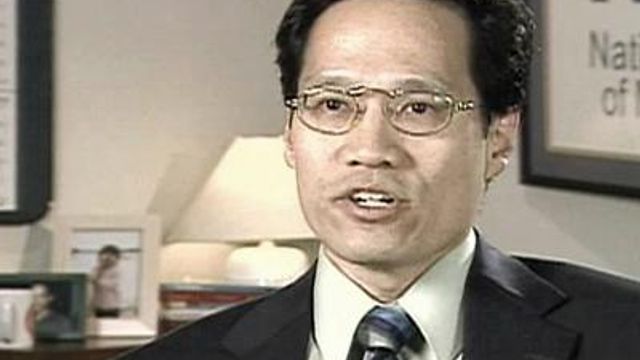Health Team
Study: Enhanced Treatment Helps Depression More
Researchers assert that workers do better if employers provide enhanced benefits.
Posted — UpdatedRALEIGH, N.C. — People who suffer from depression often have trouble at work. Researchers wanted to know how it would affect productivity if those people could be identified, diagnosed and treated.
What if employers offered depressed employees access to a different kind of depression care?
“We took this study on to see whether, if you enhance the care of depression, whether you can actually improve not only people's depressive symptoms, but also their lost work productivity,” said Dr. Philip Wang, of the National Institute of Mental Health,
Researchers screened workers at 16 national companies for depression.
Of those found to be depressed, half were sent to an enhanced depression-care program, with a care manager available by phone. They had the option of in-person psychotherapy.
The other half got the usual care, meaning they were advised to seek depression treatment on their own.
The results are published in the Journal of the American Medical Association.
“The group that was given the enhanced depression care was 40 percent more likely to recover from depression at the end of the 12-month period,” Wang said. “They were also 70 percent more likely to still be working.”
Those in the enhanced-care group worked, on average, two more hours per week than people in the "usual care" group, the researchers found.
The researchers said they understood that some employers might look at this kind of health-care benefit as a cost they'll never recover. However, Wang said, “Our results suggest that health-care benefits are actually an investment opportunity for employers and a way to improve their bottom line.”
Most people in the enhanced-care group chose telephone counseling over in-person treatment. The study’s authors say this program could save employers money down the road.
• Credits
Copyright 2024 by Capitol Broadcasting Company. All rights reserved. This material may not be published, broadcast, rewritten or redistributed.





